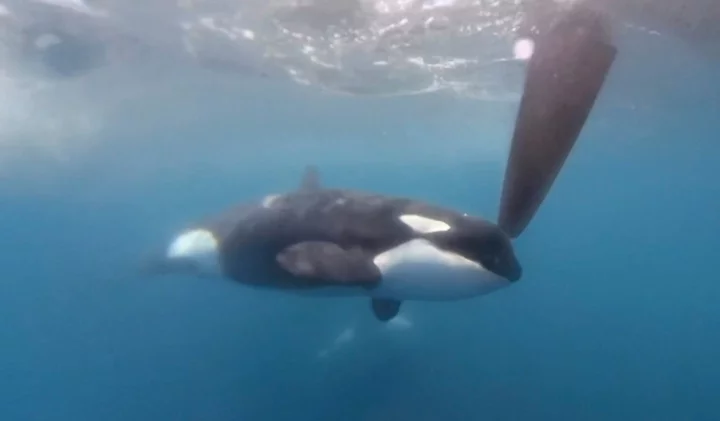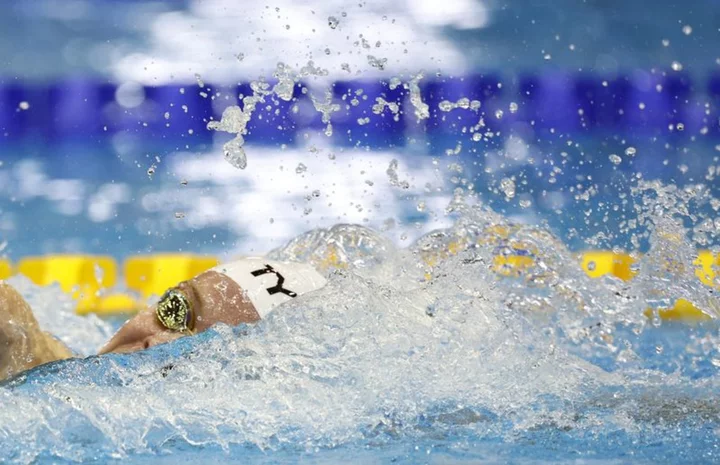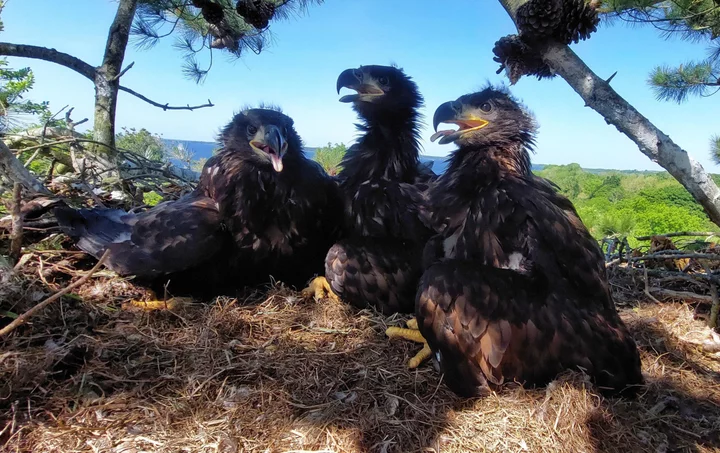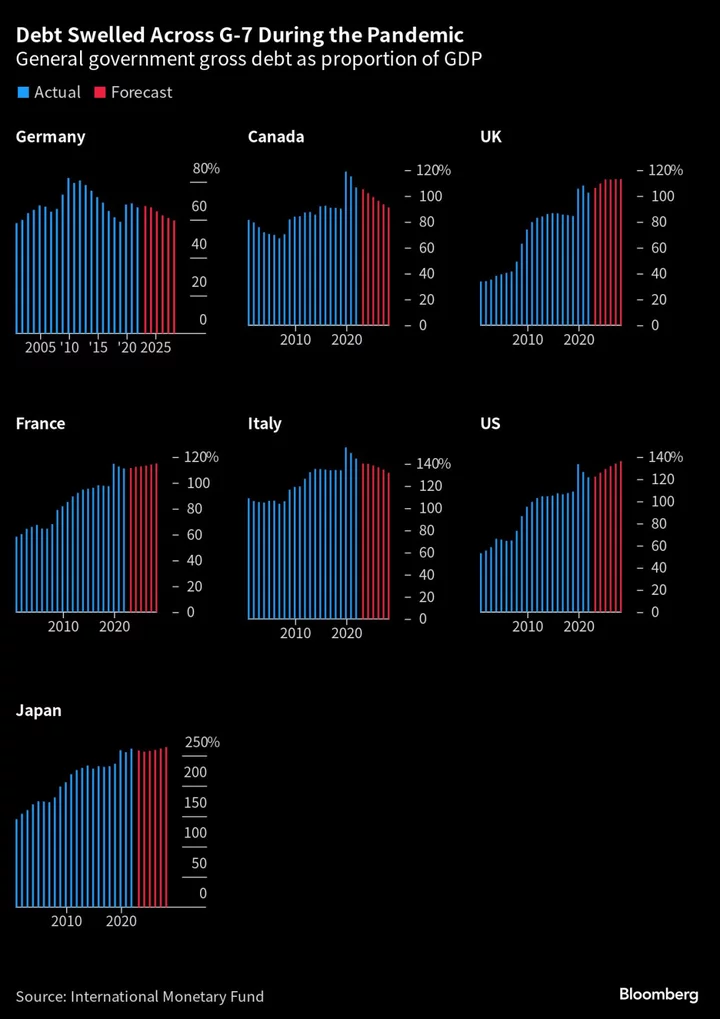Scientists have urged people not to speculate about why Iberian orcas have been ramming into vessels, warning that demonising them could put the already endangered animal at risk.
Orcas coming into contact with vessels n the Mediterranean are most likely being playful and are not “attacking” the boats as previously speculated, after more than 250 boats have been damaged by the species since 2020.
Experts have warned the idea that the orcas intend to do harm could lead to the creatures being harmed by humans, after footage showing a sailor opening fire on a pod earlier this month.
One theory proposed by marine scientists is that the orcas’ behaviour is a ‘cultural fad’ and will likely go away as attention over the animals decreases.
There are 15 orcas believed to be responsible for the recent rammings, with damage varying from teeth marks to the sinking of five boats entirely.
In an open letter, the scientists said: “We urge the media and public to avoid projecting narratives onto these animals. In the absence of further evidence, people should not assume they understand the animals’ motivations.
“We are concerned that factual errors related to these interactions are being repeated in the media … we believe this narrative inappropriately projects human motivations onto these whales and we are concerned that perpetuating it will lead to punitive responses by mariners or managers.”
Scientists remain baffled over the behaviour of the orcas off the Spanish and Portuguese coasts, but agree they are likely being playful and socialising with each other instead of acting aggressively, the letter says.
“The whales have shown a wide range of behaviours during the interactions, many of them consistent with playful social behaviour,” the letter continues. “There is no evidence of an identifiable ‘leader’ of these interactions. Despite the damage to vessels, we believe characterising the interactions as ‘attacks’ is misleading.
“ Orcas (and other dolphin species) elsewhere have been known to develop cultural ‘fads’ (novel behaviour that briefly persists and expands within a population—an analogy might be fashion trends in people), such as carrying dead fish on their heads. While these vessel interactions may be a similar phenomenon, they are persisting longer than typical fad behaviour, expanding within the population and escalating in impact. Nevertheless, it is possible the behaviour, as previous fads have, will disappear as suddenly as it appeared.
Of the fifteen orcas believed to be responsible for the rammings, 11 are calves and four are adult females.
Iberian orcas are considered critically endangered, with possibly less than 40 in their population.
Earlier in June a sailor told how his yacht was thrown around like a “rag doll” by orcas near Gibraltar, as the mammals tore off its rudders.
“I noticed a fin then noticed a light bump and then a very big bump and looked round and there was a very large whale pushing along the back and trying to bite the rudder,” he told BBC Radio 4.
“Then we lost the second rudder so we had no mechanism of steering the boat and the whales were in charge of the boat and they pushed us around like a rag doll,” he added.
Read MoreShark attacks swimmer in shallows of popular Spanish holiday beach
Fisherman airlifted to hospital after shark bite off coast of Portugal
Lolita the orca dies after spending more than half a century in captivity
Russia says 10 bodies and flight recorders recovered from Prigozhin jet crash site
Tourist sprays football graffiti on 460-year-old Italian landmark
Belarus president says he warned Wagner chief to watch out for threats – Ukraine live









